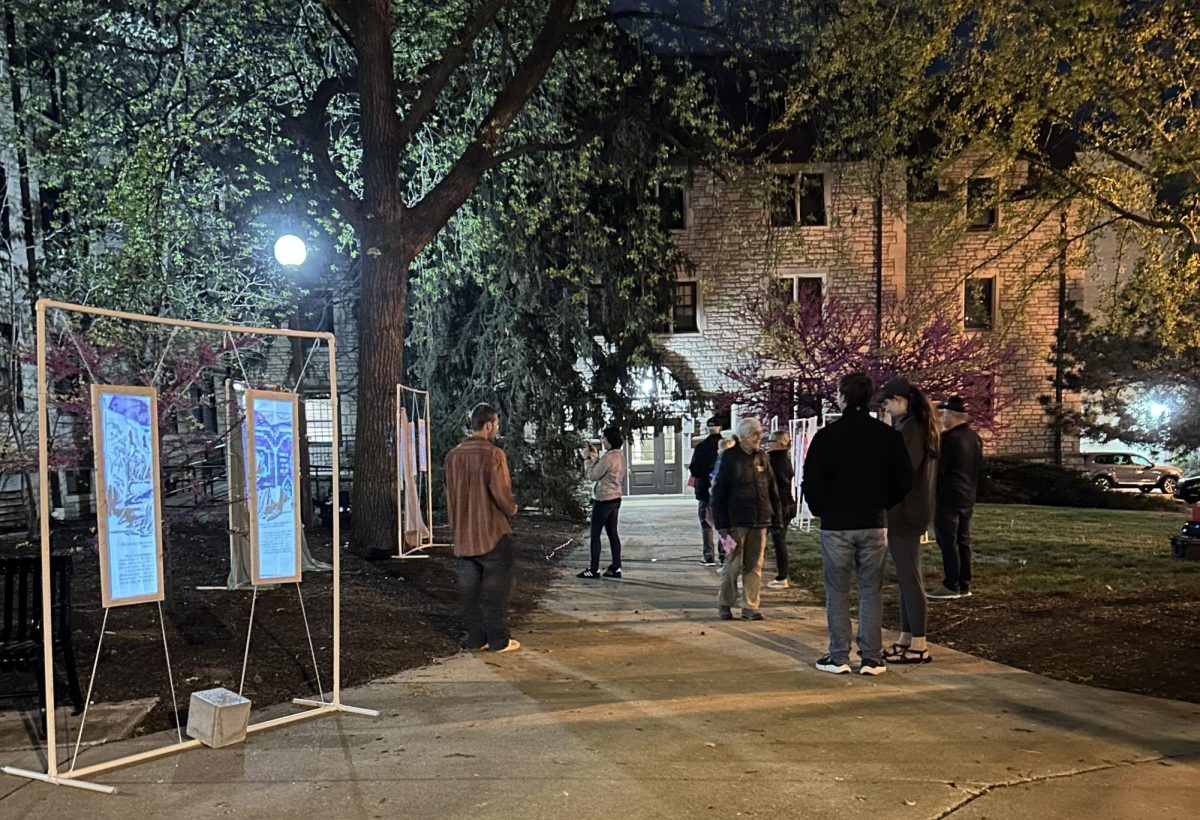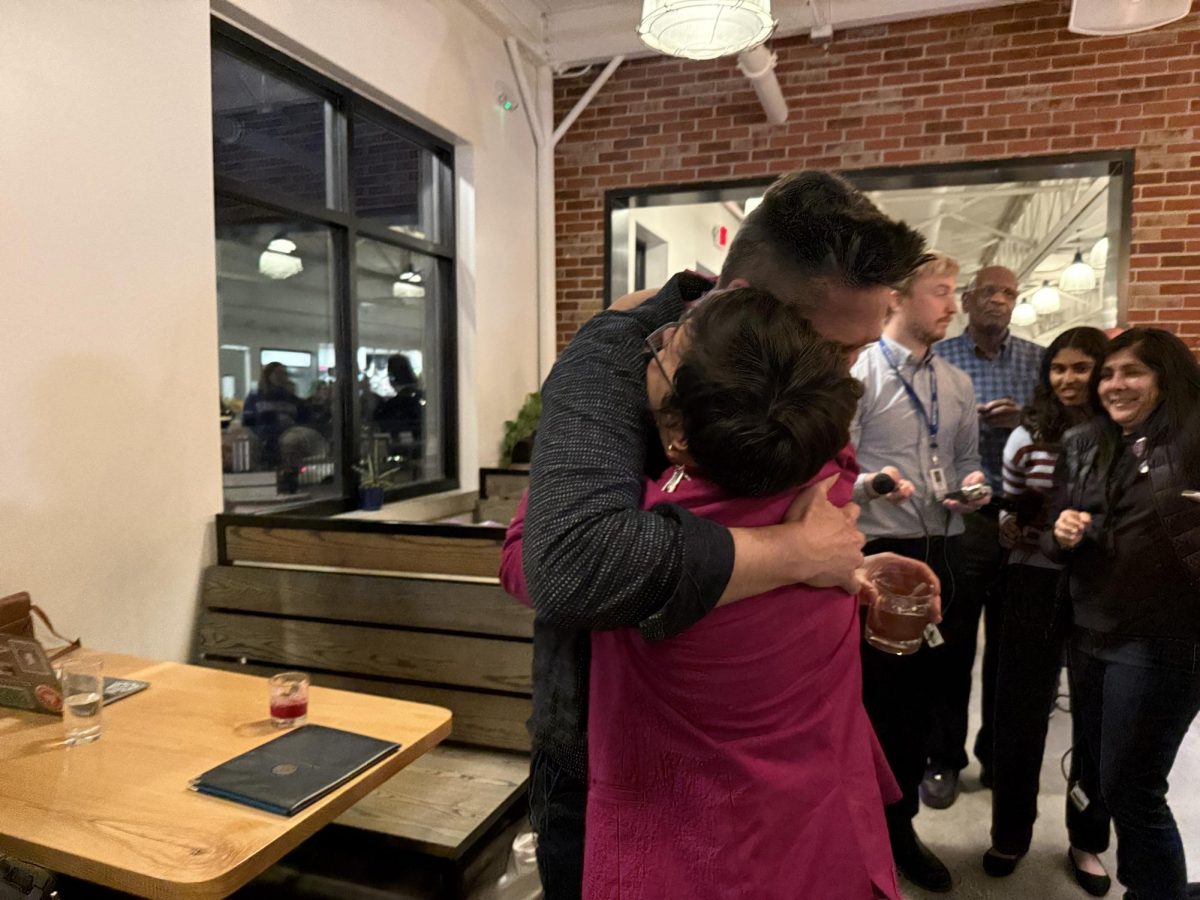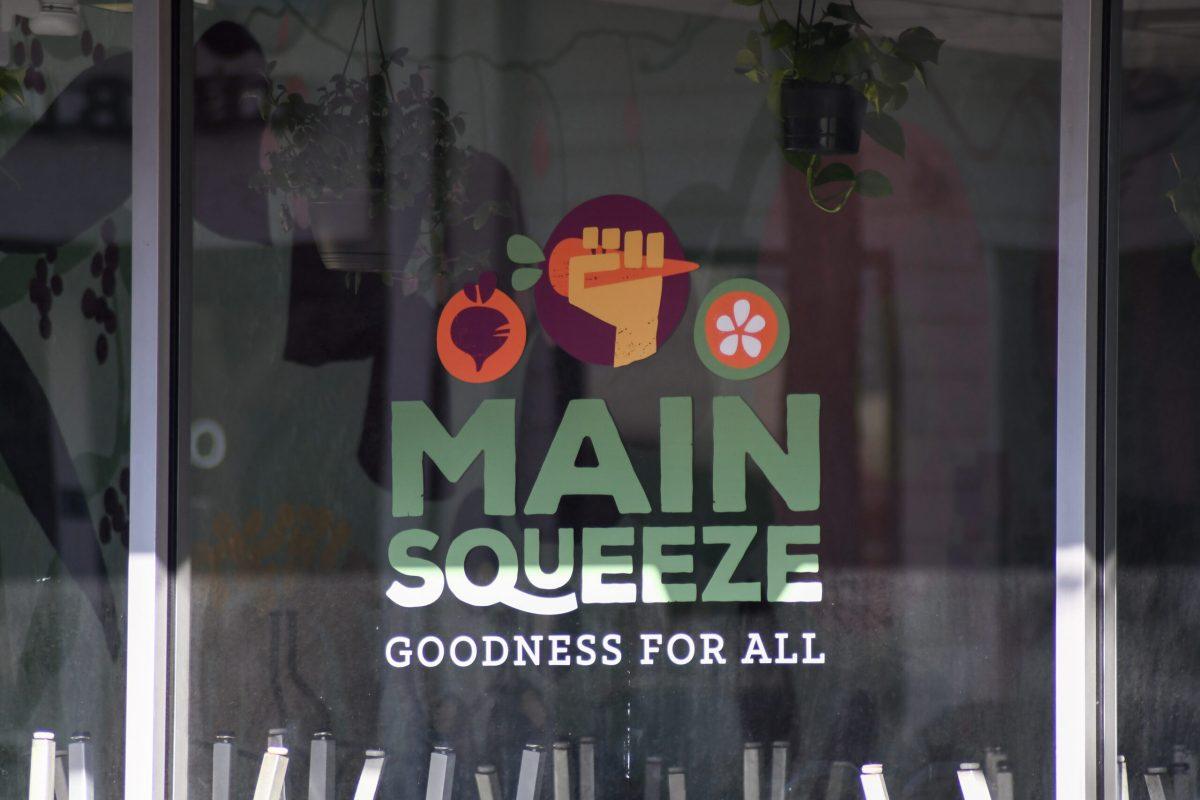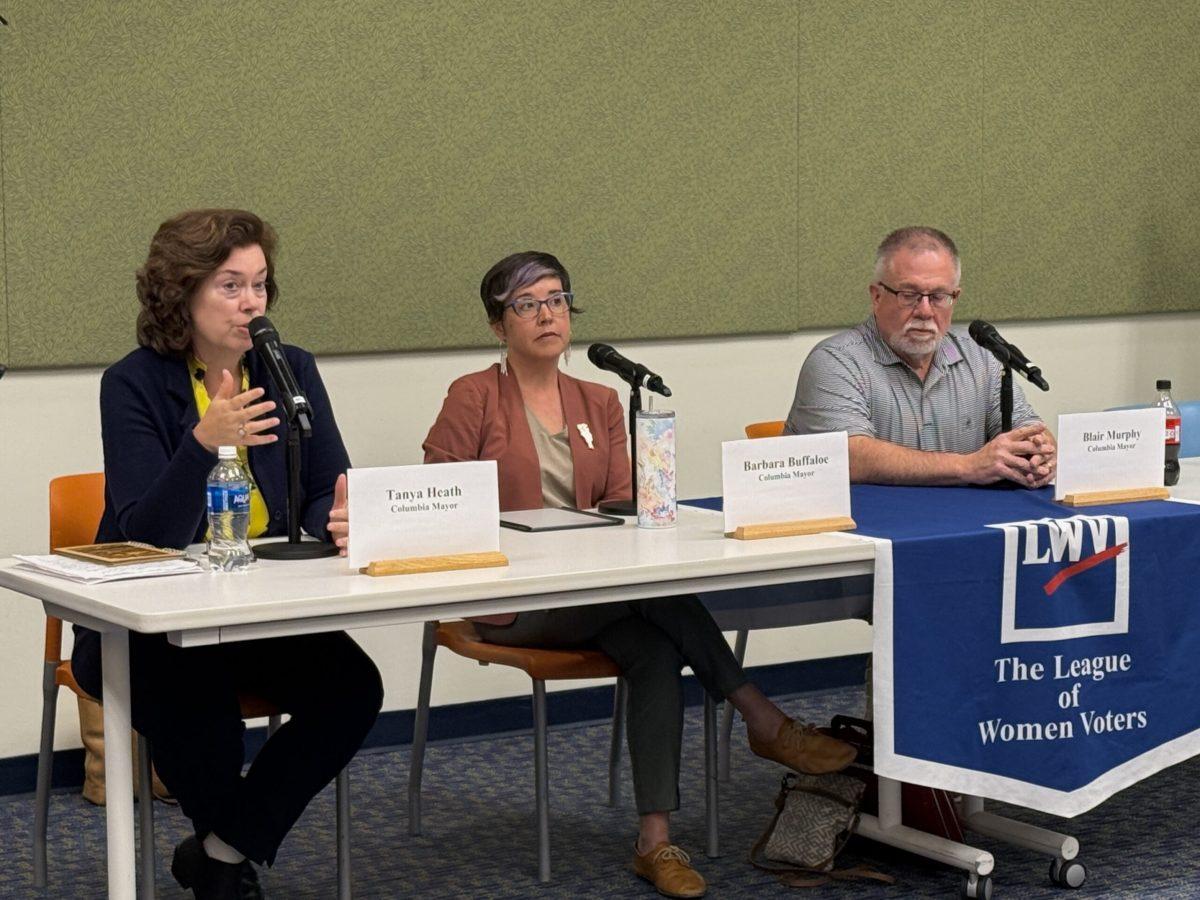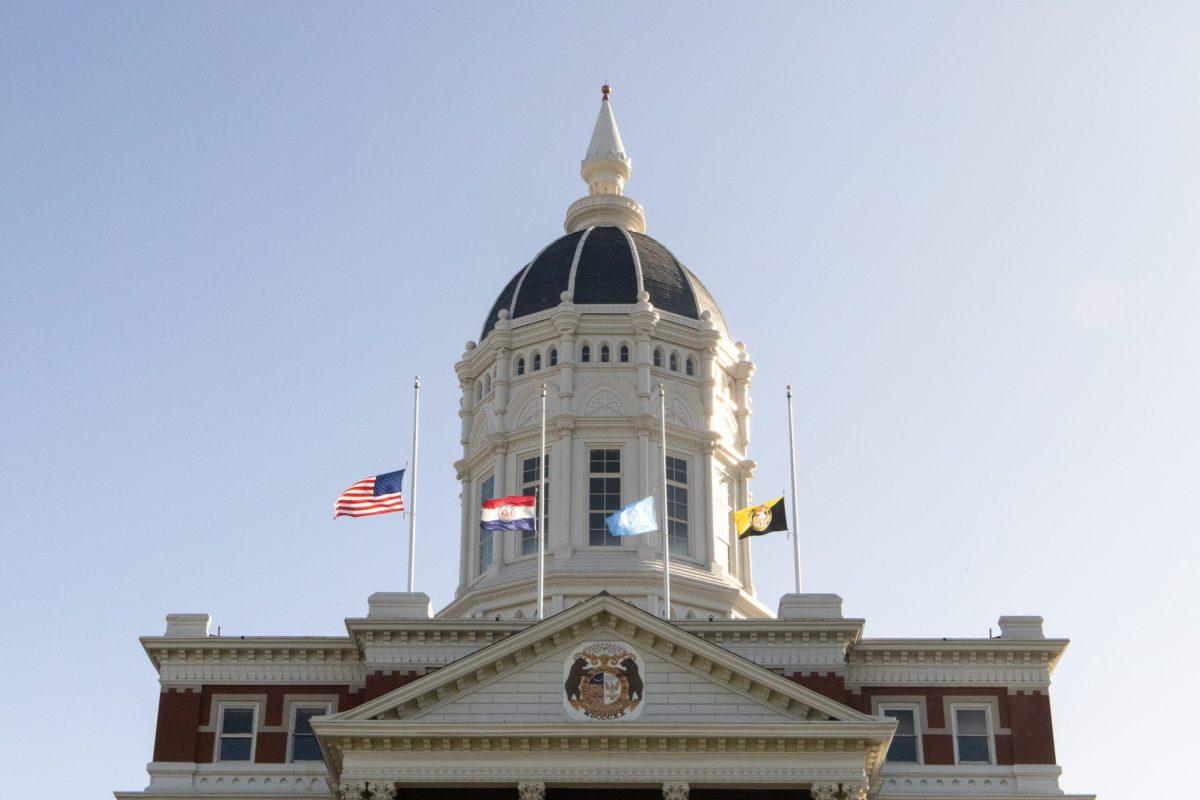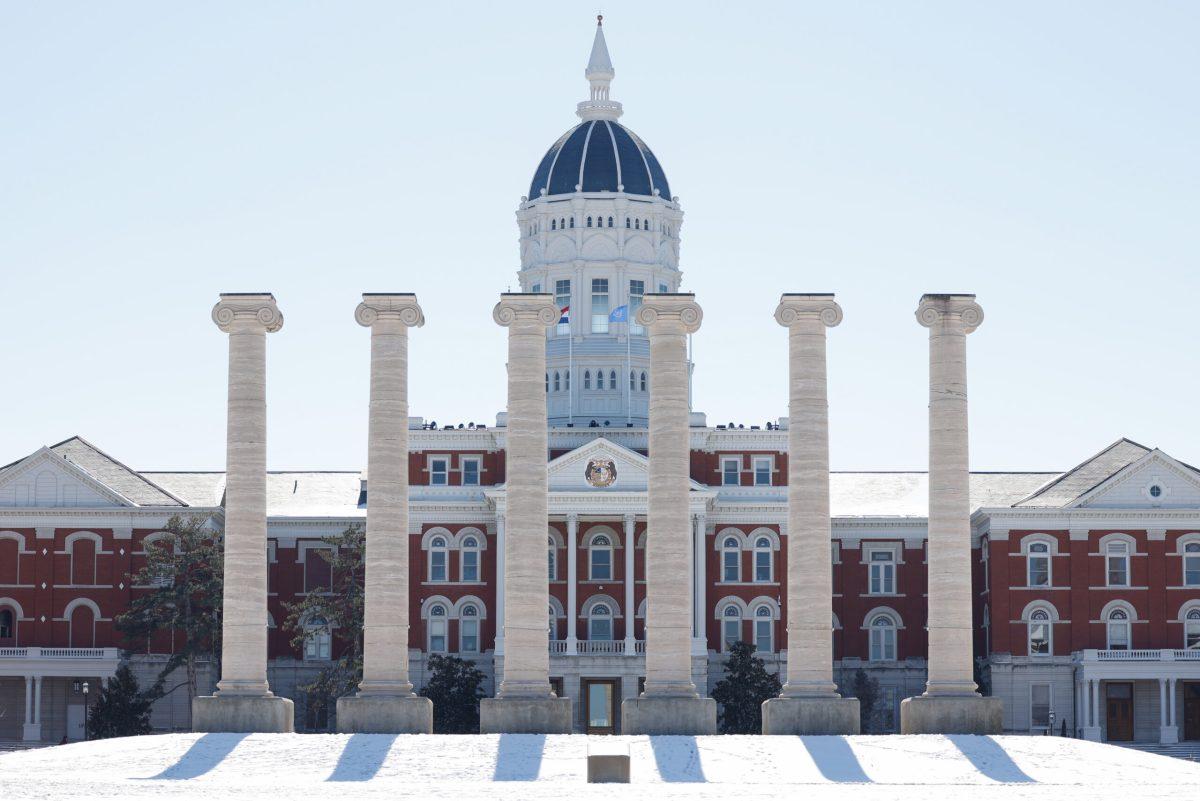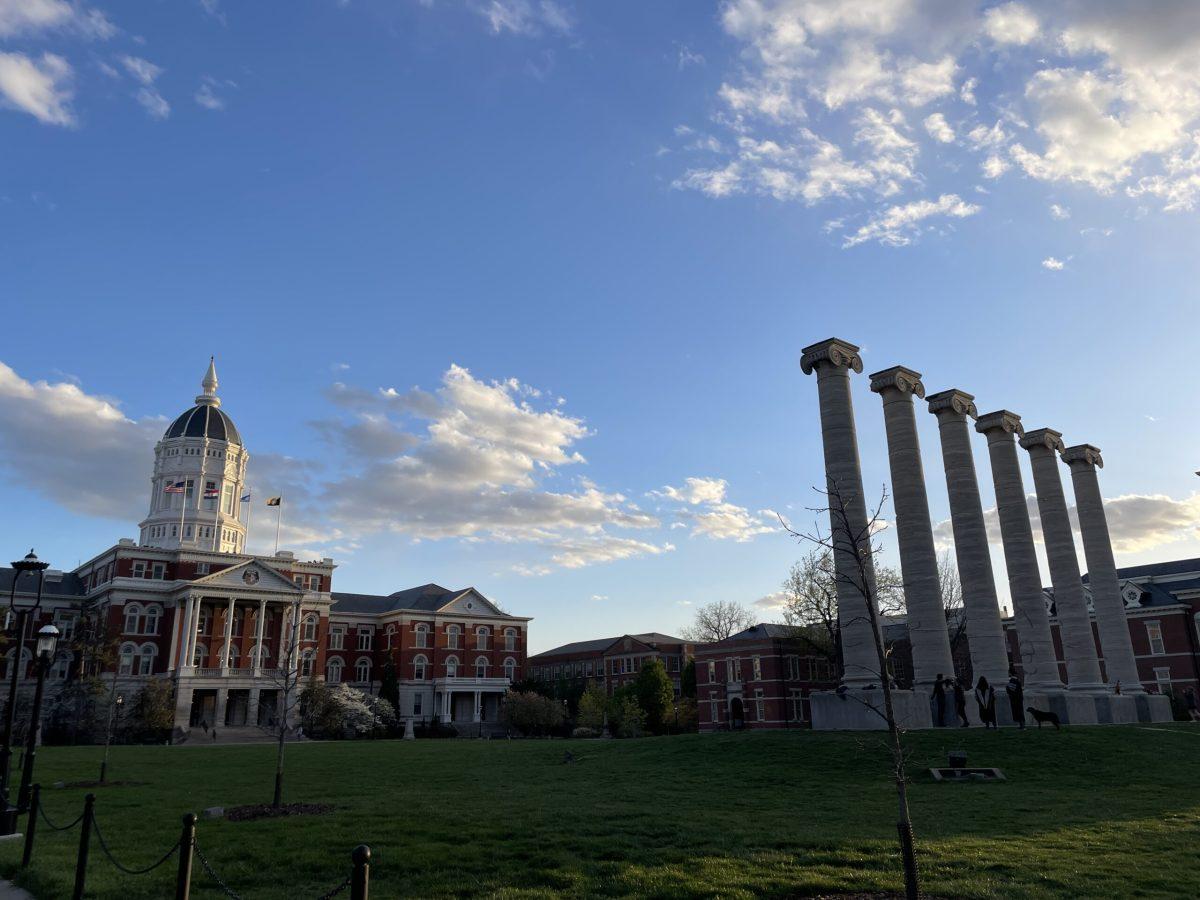One by one, students from a variety of campus organizations presented a common message to the UM System Board of Curators in a one-way conversation: They want a better MU, and they want administrators to use their power to make it that way.
“Listening is more than sitting quietly while another person speaks,” graduate student Luke Russell said. “Your voices are most certainly heard much louder than ours.”
Representatives of 13 student groups spoke to the curators and an audience of about 50 students in a two and a half hour listening session the afternoon of Friday, Nov. 20 in the Reynolds Alumni Center. Interim UM System President Mike Middleton, interim Chancellor Hank Foley and interim Vice Chancellor for Diversity, Inclusion and Equity Chuck Henson were also present.
The meeting was announced [on the curators’ Twitter account](https://twitter.com/umcurators/status/667342320958726144) at 8 a.m. Thursday. Many students questioned the timing of the meeting and the short notice, but Chairman Donald Cupps said he didn’t realize the meeting would be the Friday before MU’s weeklong Thanksgiving break. He said this was the first available date that all curators could participate in person or over the phone.
Students emphasized the future of the university over past events, proposing solutions and expressing their concerns over a wide variety of topics in their individual statements.
####Diversity and campus climate
As a [historic semester](https://www.themaneater.com/special-sections/mu-fall-2015/) including the race-based protests that gained national media attention nears its close, many students spoke about improving MU’s campus climate.
Timothy Love of the English Graduate Student Association said he regrets choosing to start his graduate career at MU because of the racial climate on campus. He said a diversity course requirement should have been implemented long ago but that educating faculty members was equally important.
“I’ve found that educating faculty and educating (administrators) on diversity is just as important as educating our students,” Love said. “A diversity course requirement should start with you.”
Sociology doctoral student Teah Hairston also suggested diversity initiatives as a step toward improving campus. She said she is often the only black student in her class and is seen as a spokesperson for the whole black community.
“I automatically feel like this is a place where I’m not supposed to be,” Hairston said. “It seems like you have to choose whether to be black or to be educated because people don’t believe that you can be both at the same time.”
>“I’ve found that educating faculty and educating (administrators) on diversity is just as important as educating our students. A diversity course requirement should start with you.” – student Timothy Love
She and other students suggested creating greater diversity of faculty and staff at MU. Pattie Quackenbush, a member of Four Directions: Indigenous Peoples and Allies, advocated for greater representation of Native American students, faculty and staff, as well as educational programming for undergraduate students and Greek Life members about Native American cultures.
“The few students we have here have been peppered with microaggressions,” Quackenbush said. “We need to build a community at MU that celebrates this culture and history.”
Hispanic student Maria Raquel Juarez said, however, that goals to increase populations of specific ethnic groups on campus could have drawbacks. She said graduate programs reach out to her more based on her minority status than academic achievements, and fellow students congratulate her on her heritage because of “benefits” like scholarships or tutoring.
“While we may gain a sense of community, we lose the ability to defend our qualifications with certainty,” she said.
####Shared governance
Shelbey Parnell, one of the original organizers of the group Concerned Student 1950, said that although [UM System President Tim Wolfe resigned](https://www.themaneater.com/stories/2015/11/9/wolfe-announces-resignation-um-system-president/) on Nov. 9, the group’s demand of shared governance still has not been met.
She said all four UM System schools should have influence in the selection of the system president, and this could be a model for campuses across the nation.
Jim Hayden, a member of the English Graduate Student Association, agreed, arguing that students, faculty and staff all deserve voices in university decisions.
“Only as a system, institution, collective of people who want to work together can we address these problems,” Hayden said. “I hope the Board of Curators is interested in taking a part, a real part, in addressing these problems.”
Racism Lives Here member Danielle Walker expressed her concern about the lack of diversity among the curators, saying that while she was grateful for the administrative selections of both Middleton and Henson, “tokenization is not the path to ensuring inclusivity.”
She said she was more concerned about administrative responses to student protests in Jesse Hall than about being called the n-word by a fellow student.
“Racism at the University of Missouri will not be a simple fix,” Walker said.
####Graduate student rights
In August, MU graduate students were informed that they would [lose their health care](https://www.themaneater.com/stories/2015/8/26/start-movement-graduate-students-walk-out/) 13 hours before it expired. After issuing a list of demands to administrators on Aug. 19, graduate students [walked out seven days later](https://www.themaneater.com/stories/2015/8/27/graduate-walkout-only-beginning/) in protest.
Kristofferson Culmer, a graduate student and member of the Forum on Graduate Rights, said the group was created in August because of the lack of value placed on graduate students.
“Many students on our university campus do not trust that the administrators will act in our best interest,” Culmer said.
Culmer said none of the funds from the recently launched Our Time to Lead campaign, with a goal of $1.3 billion, will go toward graduate and professional student needs.
“Let’s lead in the way we treat graduate students,” he said. “Let’s lead in the way we treat graduate student workers. Let’s lead in the value we place on our students.”
Graduate student Connor Lewis said graduate students are currently taking steps to [form a labor union](https://www.themaneater.com/stories/2015/10/28/mu-coalition-graduate-workers-process-unionizing/) to advocate for higher stipends, health care and parental leave. He said students are willing to work with the university throughout the unionization process.
“We’re willing to do our end and we’re hoping that campus and system administration is willing to do theirs,” Lewis said.
####Library funding
Fifty-four percent of students [voted against a proposed student fee](https://www.themaneater.com/stories/2015/11/18/mu-students-fail-library-fee/) on the November ballot to fund renovations and staffing at MU Libraries. The fee would have started at $5 per credit hour in fall 2016 and increased by $2 per year until 2022.
Library ambassador and senior Tyler Adelstein said MU’s library budget is half of the average for a university in the Association of American Universities, a prestigious group of 62 research universities that includes MU. He said the average AAU university has a library staff of 255; MU has 156.
“Students want to see the libraries improved at the University of Missouri,” Adelstein said. “The fee failed because they thought the library is such an essential part of the university that it should come from the general revenue of the university.”
Culmer said he thought the fee didn’t pass because of a “trust deficit that exists between students and administration.”
Adelstein said the last significant contribution from the university toward library facilities came in 1988, and that the libraries were designed for 20,000 students. MU currently has 35,448 students, according to the Division of Enrollment Management.
“Students, as well as myself, believe that it is time to invest into the library system,” he said.
Hayden said he hopes the curators and other administrators will start “authentically dialoguing” with the academic community.
“We shouldn’t have to rely on the benevolence of the curators to make our voices heard,” he said.

